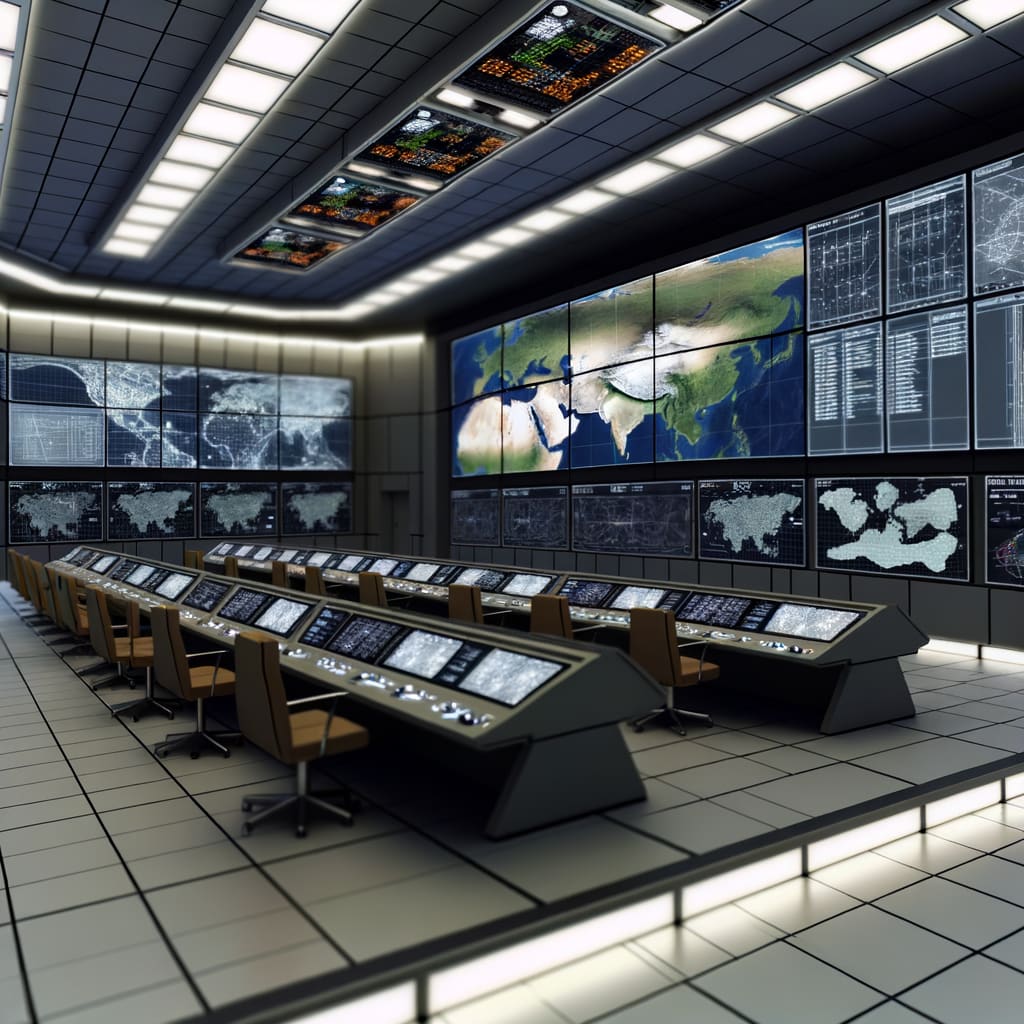US Strikes Set Back Iran's Nuclear Program by Up to Two Years, Pentagon Claims
The United States Department of Defense, also known as the Pentagon, has announced that the Iranian nuclear program has been delayed and degraded by one to two years as a result of US strikes on three key Iranian facilities. The statement, made by Pentagon spokesperson Sean Parnell, is said to be based on in-house assessments, although no further details on the origin of the assessments were provided12.
Background and Context
The US-led operation, which involved the use of more than a dozen 13,600-kg bunker-buster bombs and over two dozen Tomahawk land attack cruise missiles, targeted three Iranian nuclear facilities3. The strikes were launched on June 22, nine days into Israel's attack on Iran3. This operation followed public challenges from Defense Secretary Pete Hegseth1 and comes in the wake of Israel's defense minister suggesting that Israel would strike Iran again if it sought to develop long-range missiles or advance its nuclear program4.
Contrasting Assessments
Initially, there were conflicting reports about the extent of the damage caused by the strikes. While US President Donald Trump claimed that the strikes had obliterated
Iran's nuclear program3, leaked information suggested a more cautious assessment5. However, the Pentagon asserts that its latest intelligence assessments show the strikes have indeed degraded Iran's nuclear capabilities2.
On the other hand, Iran's Foreign Minister Abbas Araghchi admitted the strikes caused serious damage to Iran's nuclear facilities, contradicting Ayatollah Ali Khamenei's insistence on minimal impact6. The CIA Director John Ratcliffe also stated that it would take years for Iran to rebuild its nuclear program following the strikes7.
Republican senators, including Ted Cruz, have criticized the leaked reports for underestimating the damage, calling them inaccurate and politically motivated8.
Implications of the Strikes
The strikes represent a significant setback for Iran's nuclear program, potentially disrupting the country's ability to develop nuclear weapons. This development is likely to have significant geopolitical implications in the Middle East and beyond, particularly given the ongoing tensions between Iran, the US, and Israel34.
The Pentagon's announcement suggests that the operation likely achieved its intended goals, despite the initial more cautious assessments that leaked to the public5.
Conclusion and Current Status
Despite the controversy over the extent of damage, the official stance of the Pentagon, backed by statements from the Iranian Foreign Minister and the CIA, indicates that the US strikes have significantly degraded Iran's nuclear capabilities76. The situation continues to evolve, with future actions by the US, Iran, and Israel likely to further shape the regional dynamics and the state of Iran's nuclear program.

